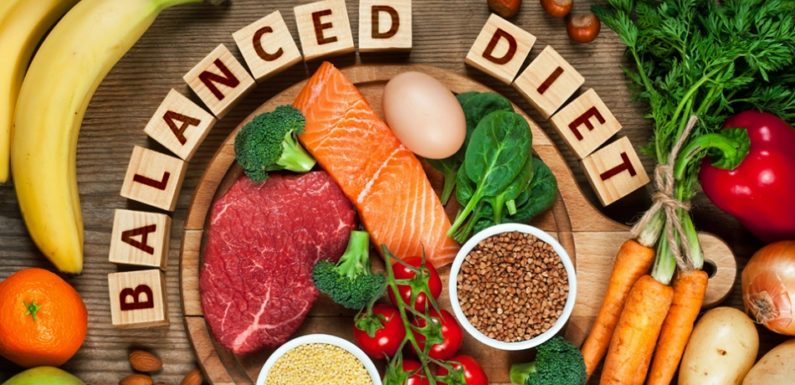
Eating well is not just about losing weight or maintaining a slim figure, but it’s also about the numerous health benefits that come with a nutritious, well-balanced diet. In today’s fast-paced world, we often ignore the importance of eating healthy meals, and this can have severe consequences on our physical, mental, and psychological well-being. This article aims to shed light on the various health benefits of eating well, with tips on how to achieve a balanced diet.
Improved Energy Levels
A balanced diet that includes essential vitamins, minerals, and nutrients provides your body with the fuel it needs to function efficiently. This ensures you have enough energy to stay active and alert throughout the day. Consuming healthy carbohydrates, lean proteins, and good fats, along with regular exercise, will keep your energy levels up and help prevent fatigue.
Strengthened Immune System
A strong immune system is crucial for fighting infections and diseases and even preventing the onset of chronic conditions. Eating well strengthens your immune system by providing all the components it needs to function optimally. Consuming a variety of fruits, vegetables, lean proteins, and whole grains can help reinforce your body’s defenses.
Better Stress Management
Eating well plays a vital role in how we manage stress. Consuming the right nutrients can improve your ability to cope with stress, and adopting healthier eating habits can help you feel more relaxed, content, and in control. Remember that knowing how to reduce stress with simple lifestyle moderation can also help you live a healthier, more balanced life.
Enhanced Cognitive Function
Consuming a nutritious, well-balanced diet is essential for maintaining good brain health. Adequate intake of vitamins, minerals, and other essential nutrients can help improve memory, focus, and cognitive function. Foods rich in omega-3 fatty acids, antioxidants, and certain phytochemicals can promote brain health by protecting against inflammation and oxidative stress.
Reduced Risk of Chronic Disease
Maintaining a healthy diet may significantly reduce your risk of developing chronic conditions like diabetes, heart disease, and some types of cancer. Consuming a diet high in fiber, lean proteins, healthy fats, vitamins, and minerals and low in saturated fats, refined sugars, and processed foods can help lower your risk and improve your overall health.
Better Mental Health
The relationship between food and mental health is quite crucial. Better eating habits can improve mood, behavior, and general mental health, whereas bad eating habits can lead to the emergence of mental health problems. To make sure you obtain all the nutrients needed to promote mental health, try to eat a well-balanced diet that includes a range of foods.
Tips for Eating Well
- Plan your meals and snacks in advance to ensure you have healthy options available.
- Eat a variety of fruits, vegetables, lean proteins, and whole grains to get a broad range of nutrients.
- Avoid overconsumption of processed foods and sugary beverages.
- Drink plenty of water to stay hydrated.
- Consider adding a nutrition powder to your daily routine to ensure you’re getting all the necessary vitamins and minerals.
To Sum Up
Eating well has a plethora of health benefits. Not only does it provide your body with the essential nutrients it needs to function, but it can also protect against chronic disease, enhance cognitive function, and improve mental health. With a little bit of planning and discipline, you can easily maintain a nutritious diet that keeps you healthy for years to come.

